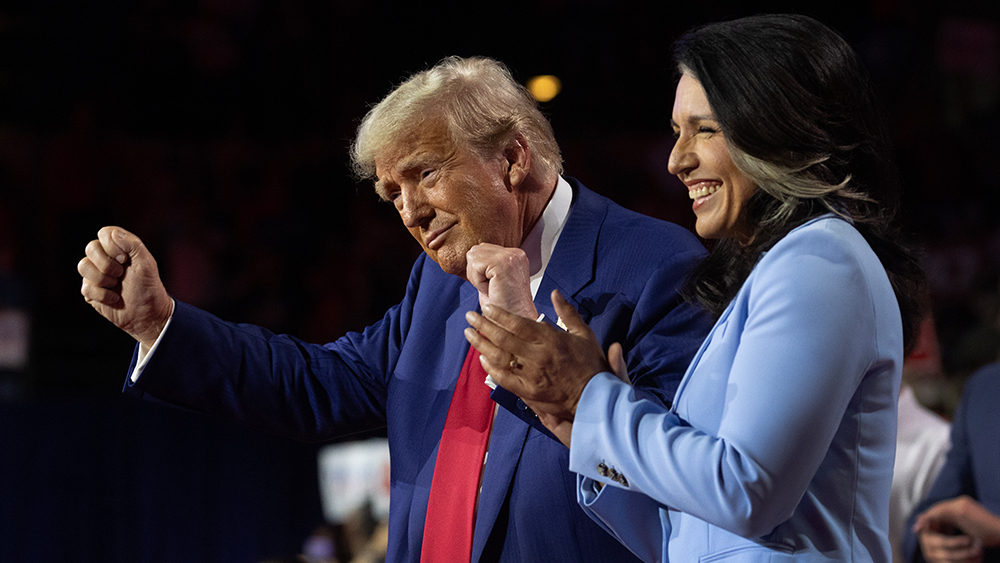
By Lawrence Hurley
WASHINGTON (Reuters) – The U.S. Supreme Court on Monday agreed to decide the legality of a government regulation implemented under former President Donald Trump that bars health clinics from receiving federal family planning funds if they provide abortion referrals.
The justices will hear appeals in cases in which 21 states including Oregon, California and New York, the city of Baltimore and organizations including the American Medical Association and Planned Parenthood challenged the 2019 regulation issued by the Department of Health and Human Services.
President Joe Biden, who took office on Jan. 20, said during the election campaign that he would reverse course from the Trump administration rule. Such a reversal would require a new regulation to be issued after the customary federal rule-making process.
Critics have dubbed the Trump regulation a “gag rule” because they maintain that it prevents medical professionals from providing counseling about abortion if a clinic receives family planning funds through Title X of the 1970 Public Health Services Act. The rule also requires physical separation at any facilities that receive the federal funding and also provide abortions.
The Trump administration said the rule does not prevent all information on abortion being given to patients but enforces a provision in the 1970 law that prohibited funds being used “in programs where abortion is a method family planning.”
Prior to the 2019 rule, healthcare providers could receive Title X funds if they gave abortion referrals as long as the money was used solely for other family planning purposes.
The rule was meant to help Trump fulfill a 2016 campaign pledge to end federal support for Planned Parenthood, which received about $60 million annually, or one-fifth, of Title X funds. Planned Parenthood, which provides reproductive health services including abortions, left the program in 2019 rather than comply with the rule.
In February 2020, the San Francisco-based 9th U.S. Circuit Court of Appeals upheld the rule in the challenge brought by states and medical groups. In a separate September 2020 ruling in the lawsuit brought by Baltimore, the Richmond, Virginia-based 4th U.S. Circuit Court of Appeals found the rule to be unlawful.
Currently, the rule is in effect except for in Maryland, where a federal judge blocked it in the Baltimore case.
(Reporting by Lawrence Hurley; Editing by Will Dunham)












